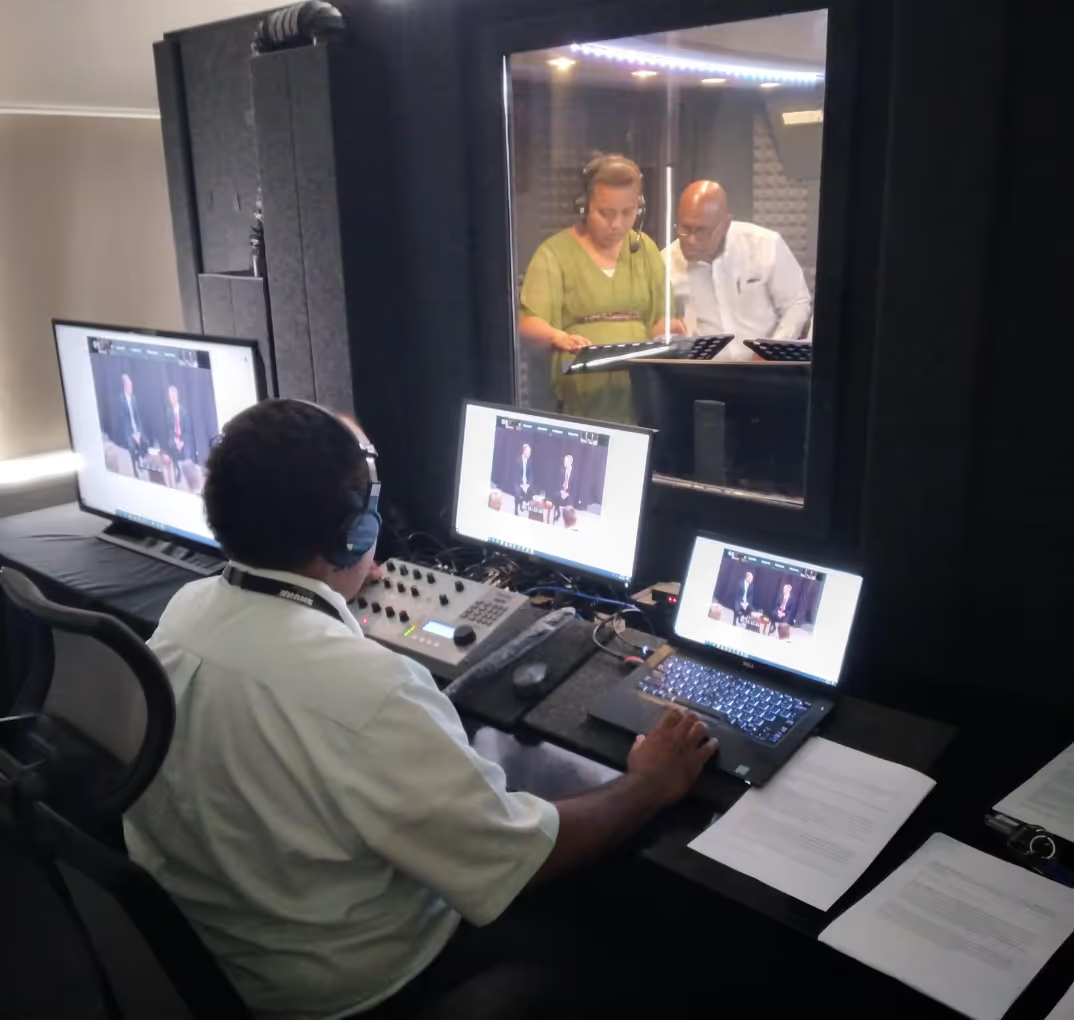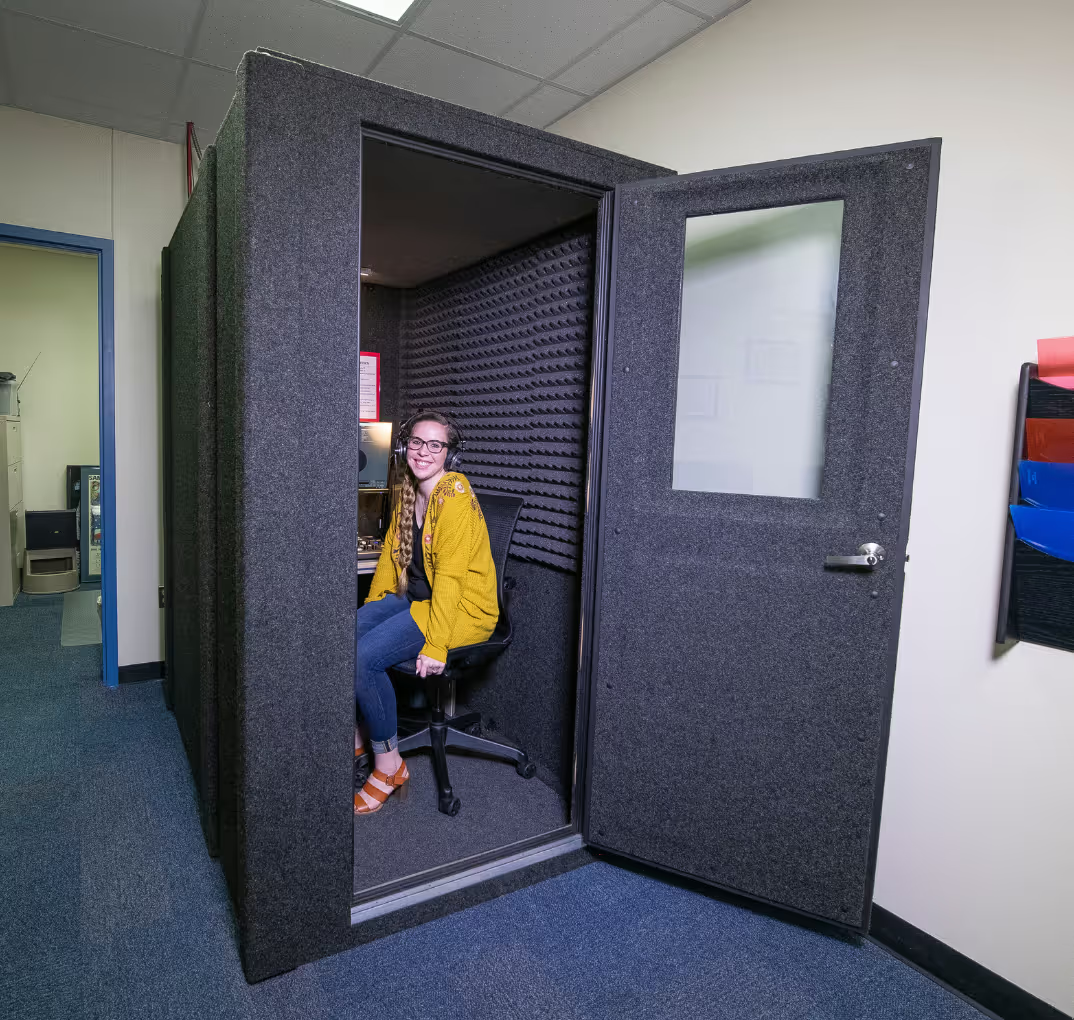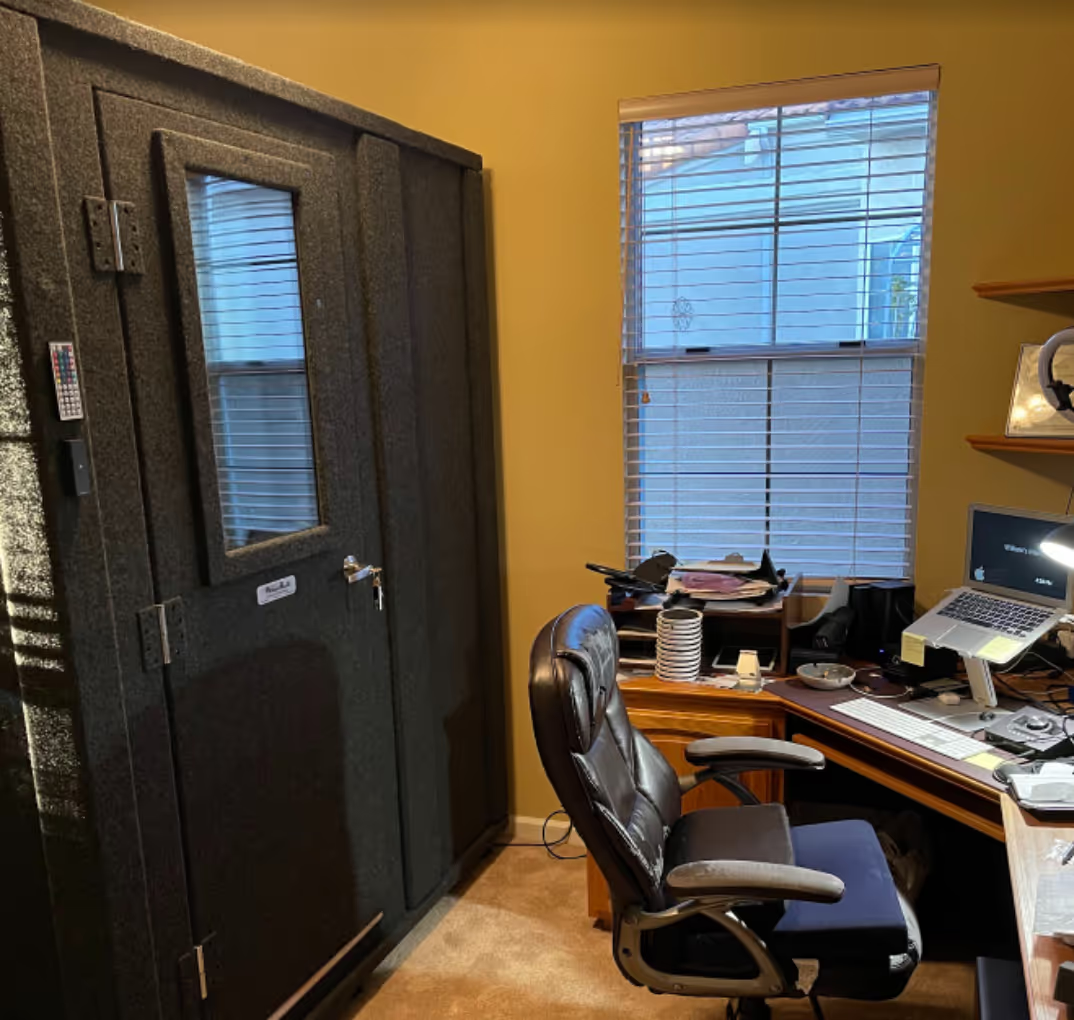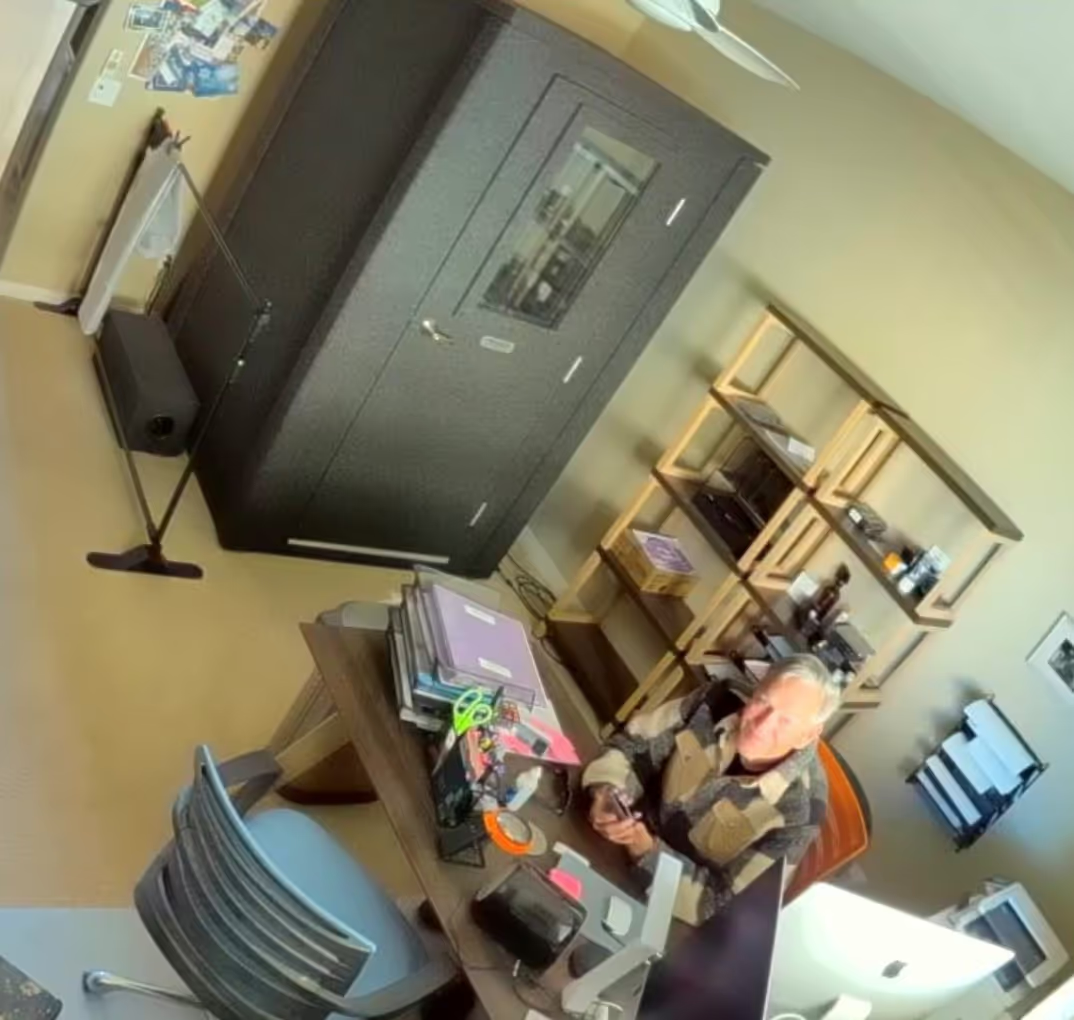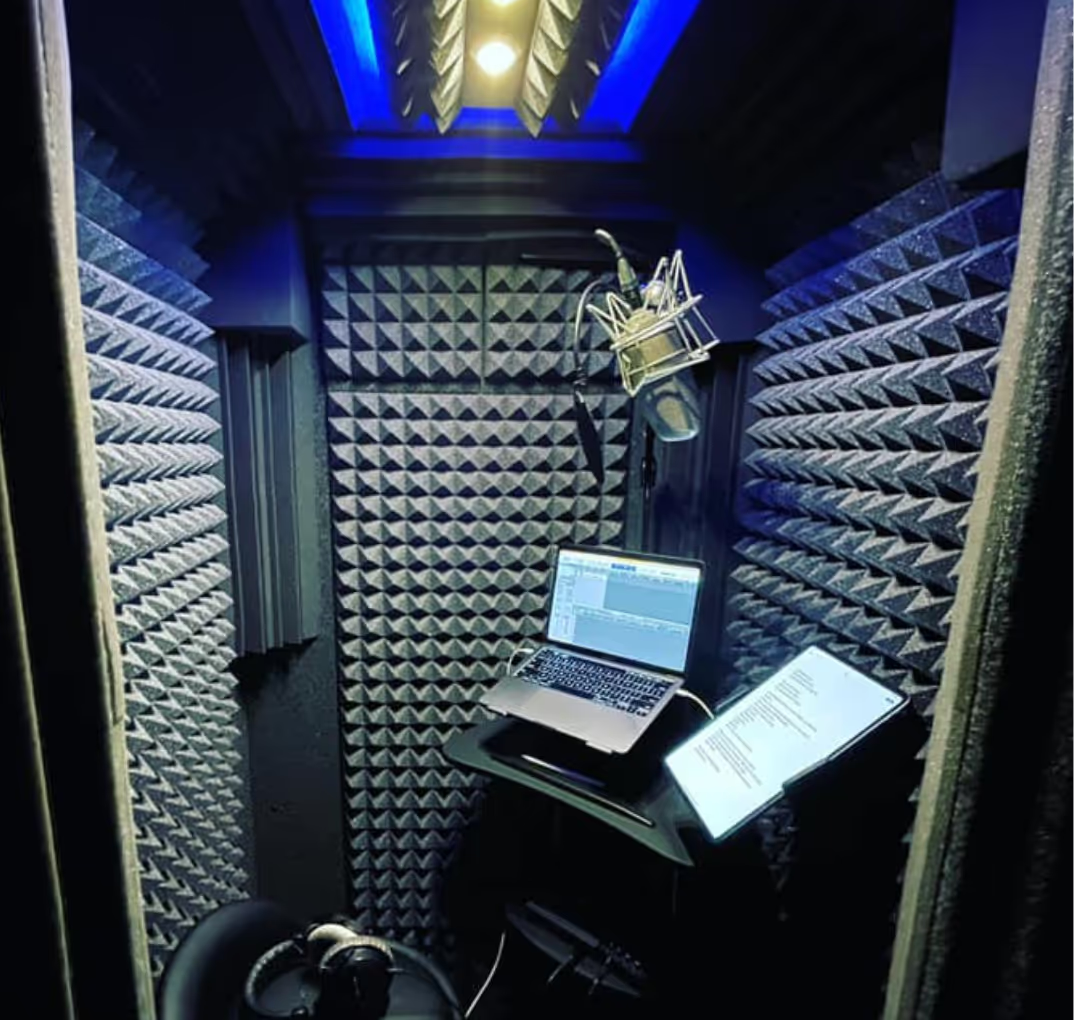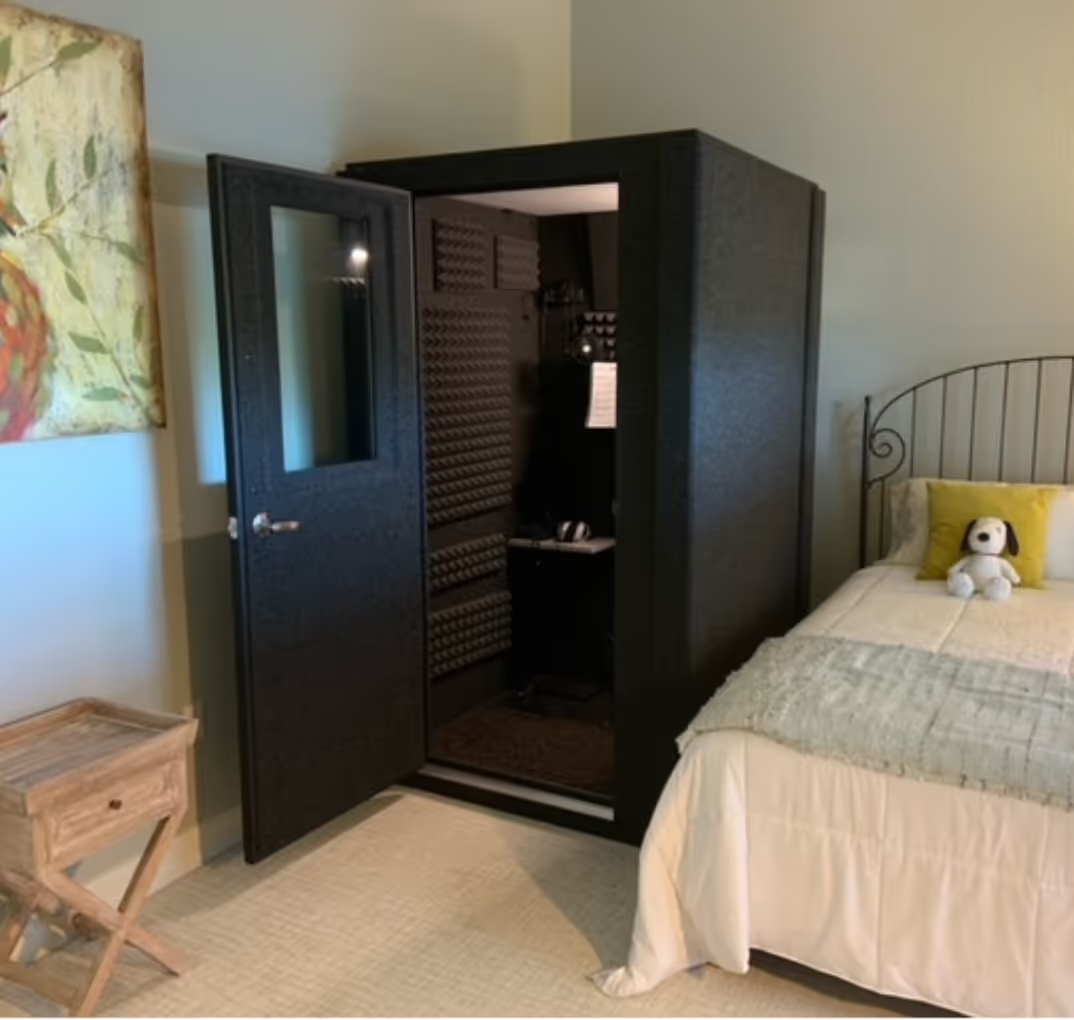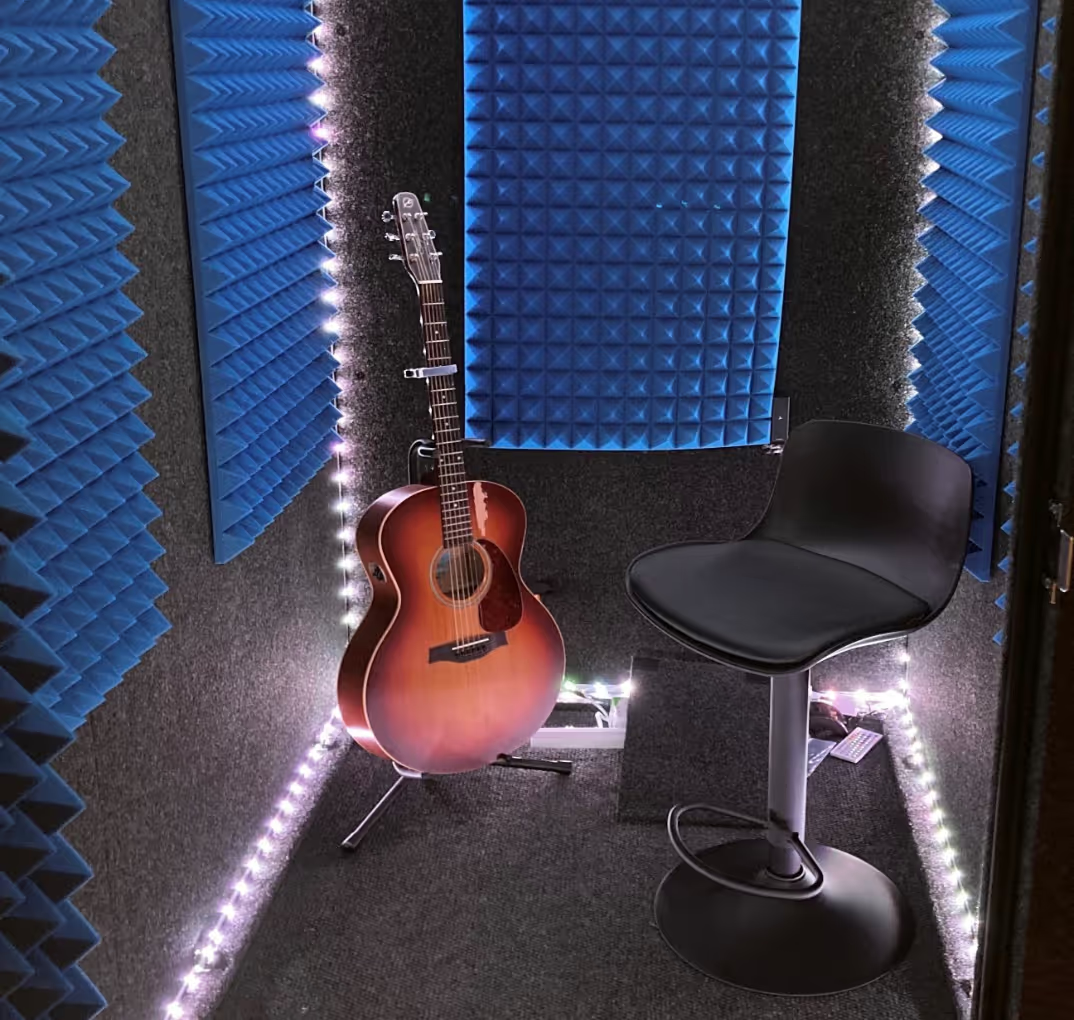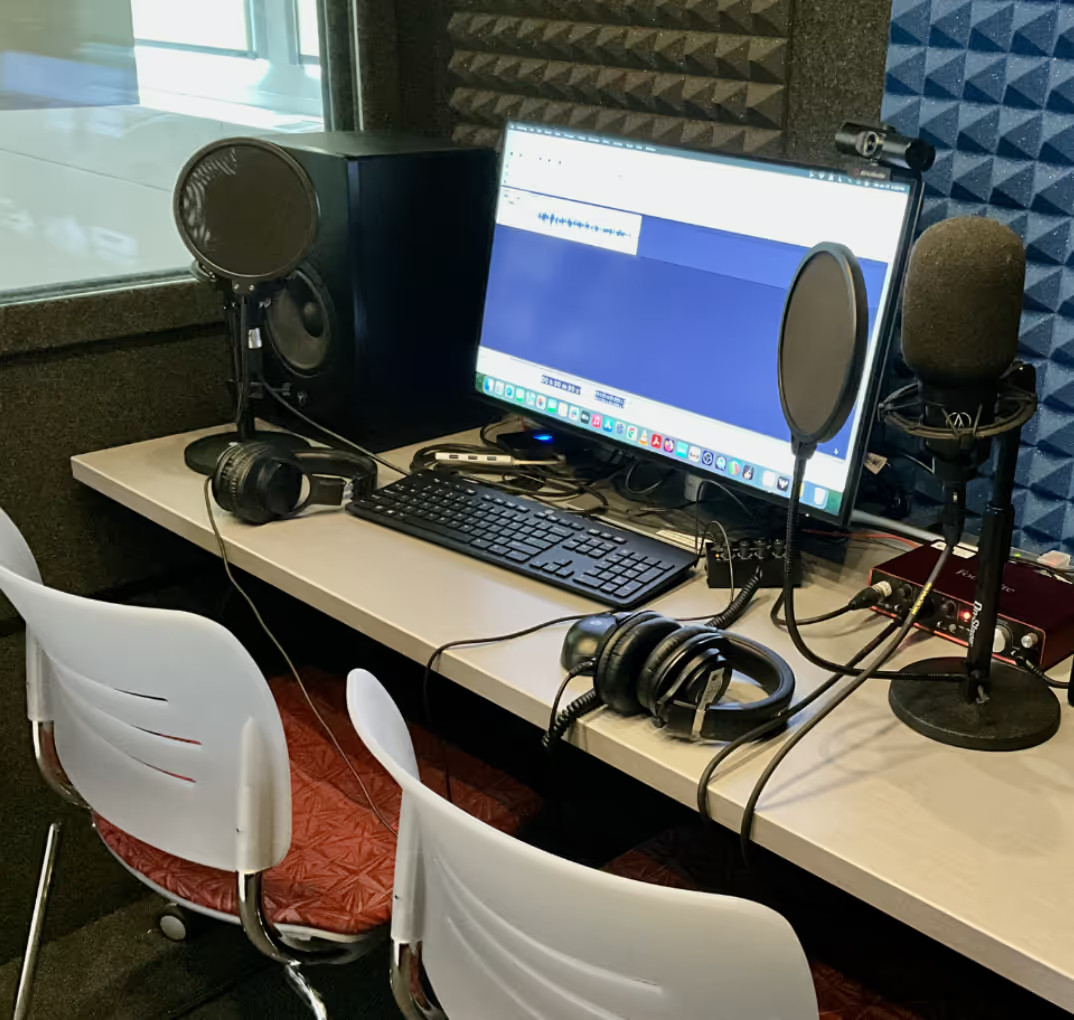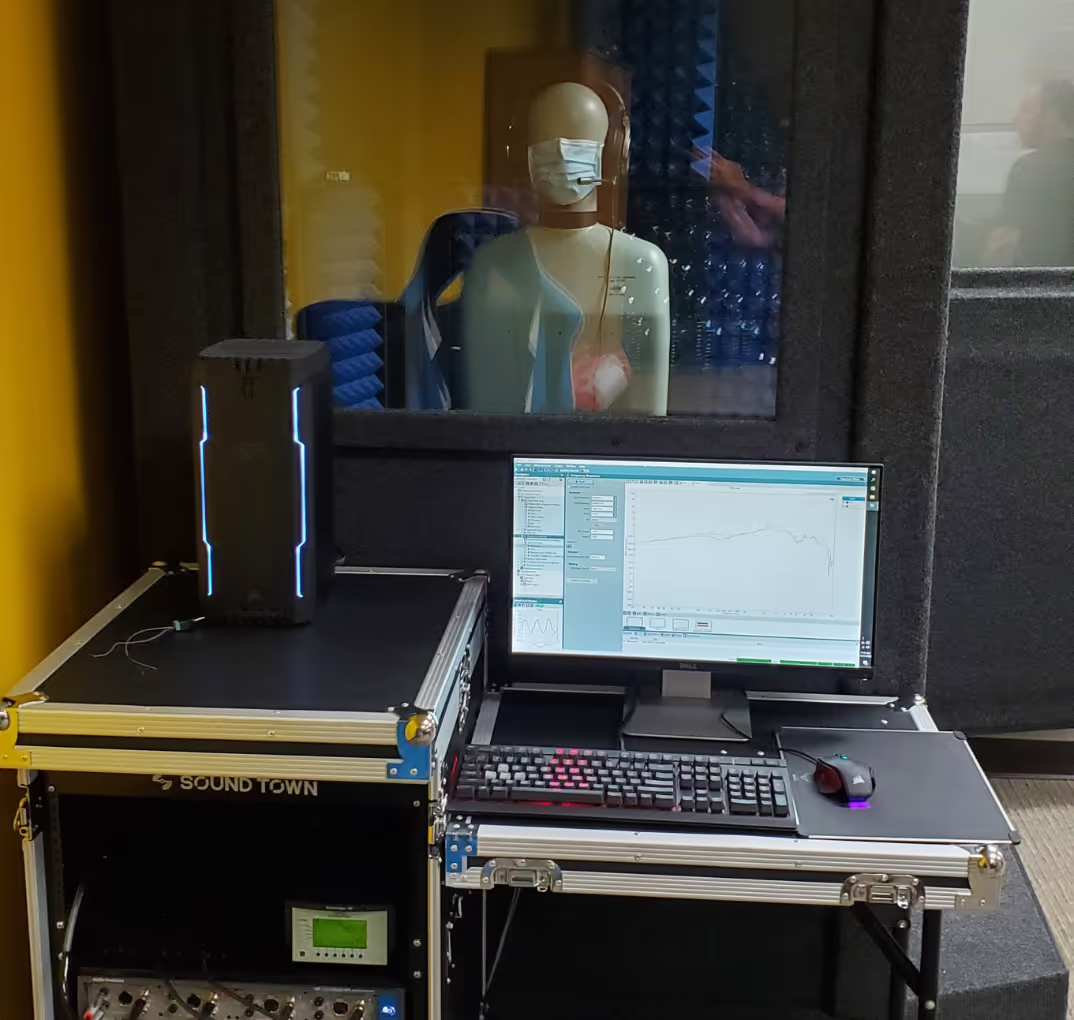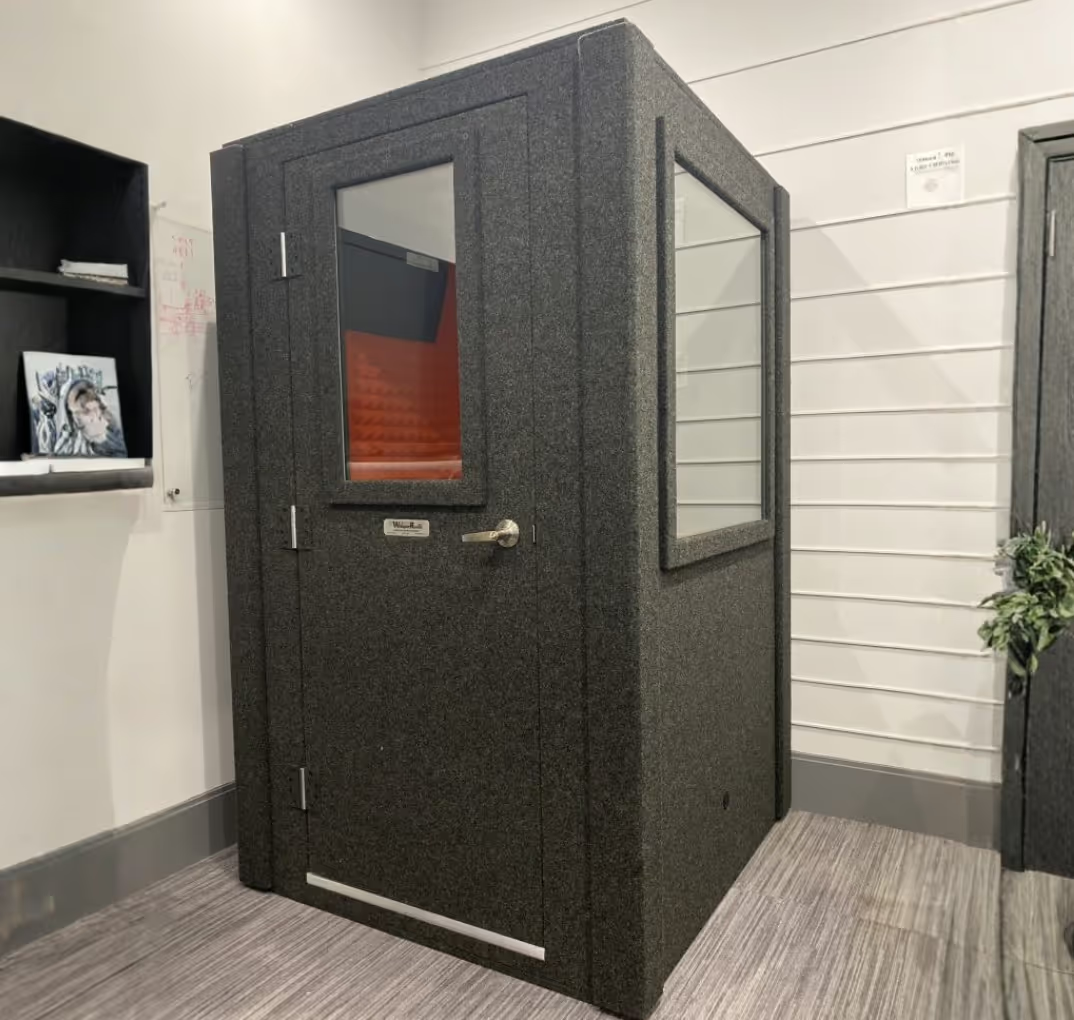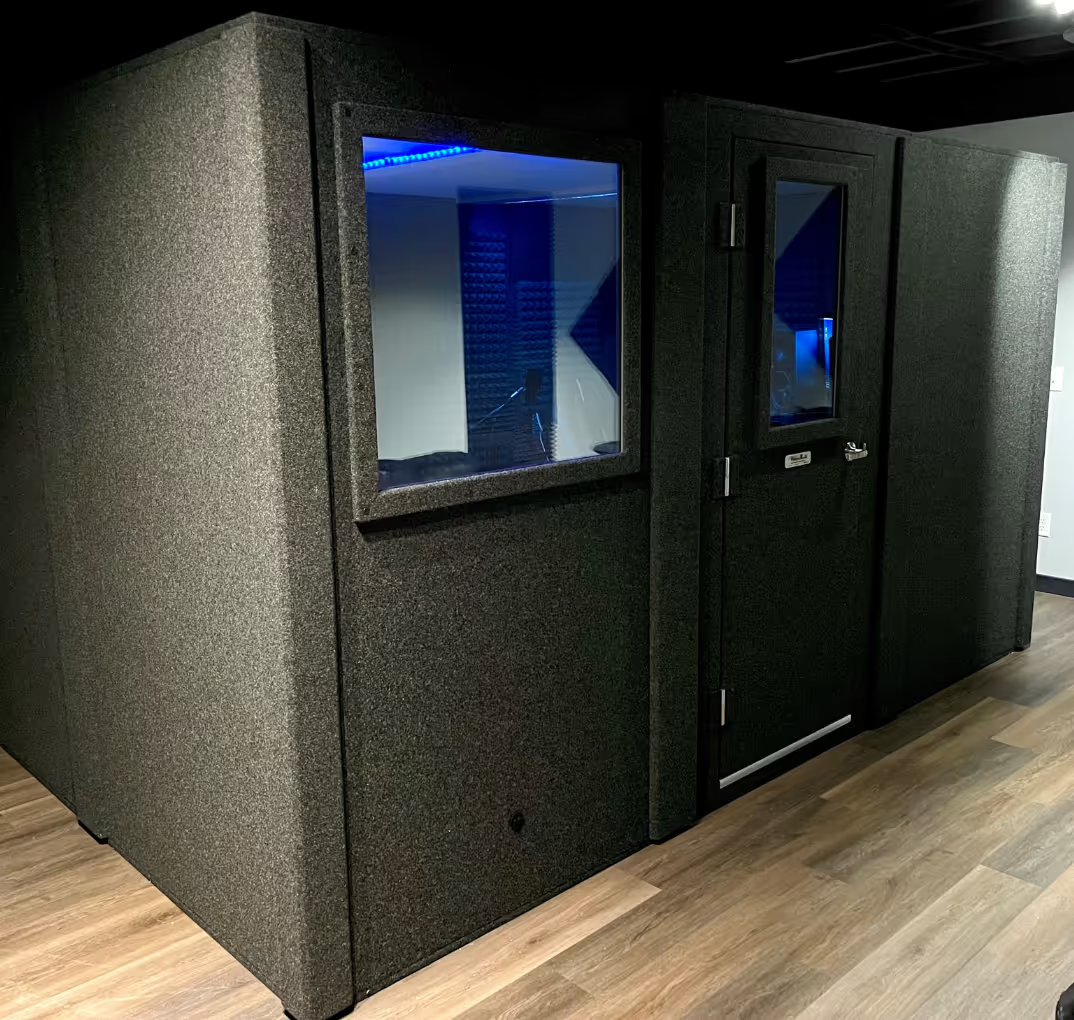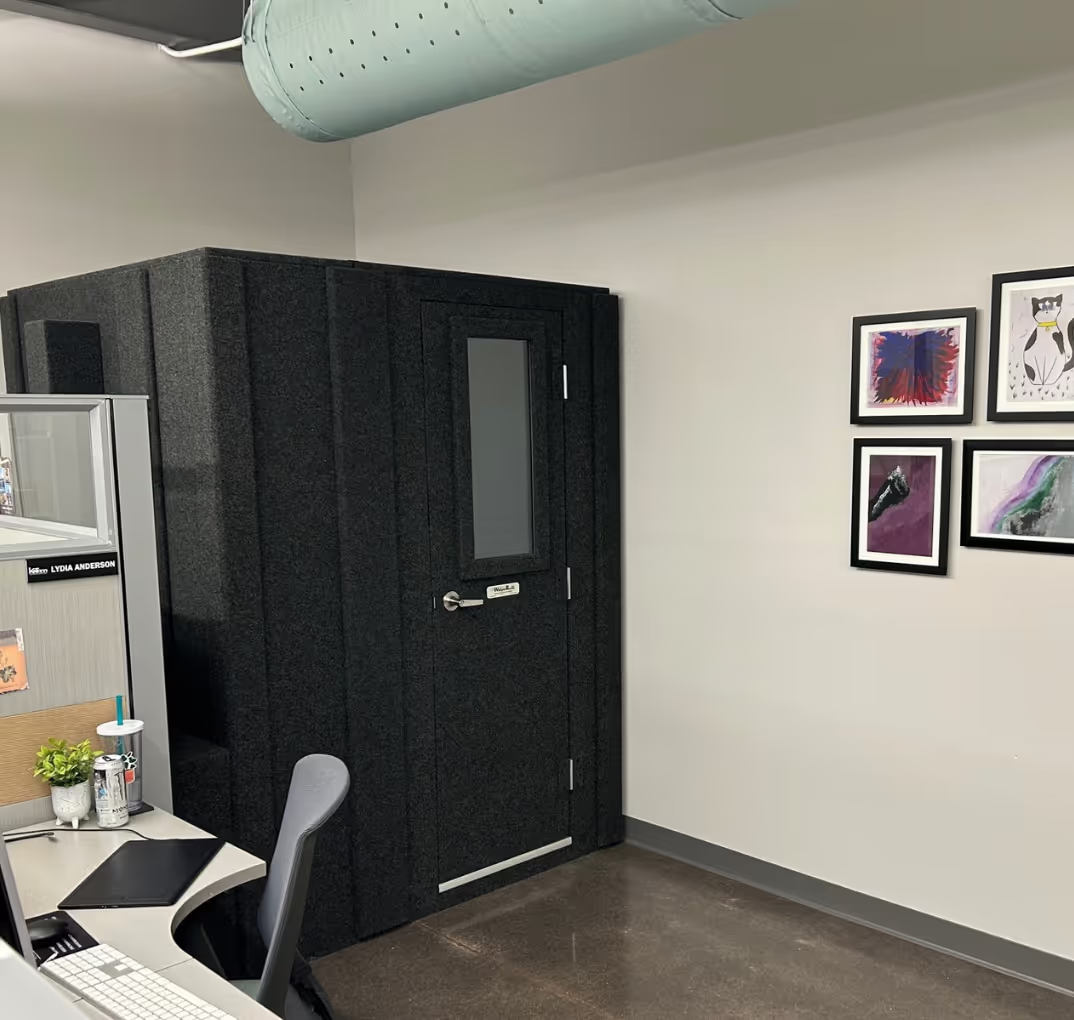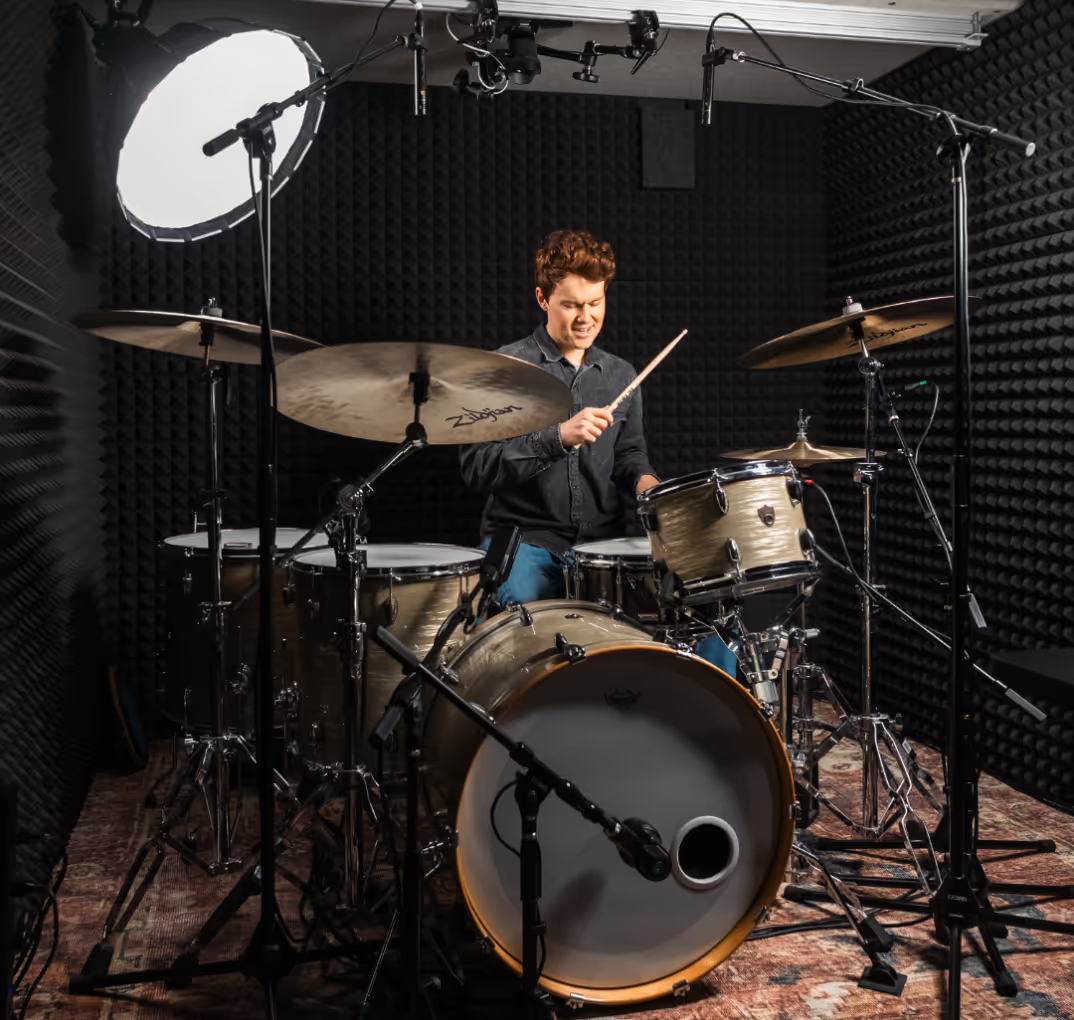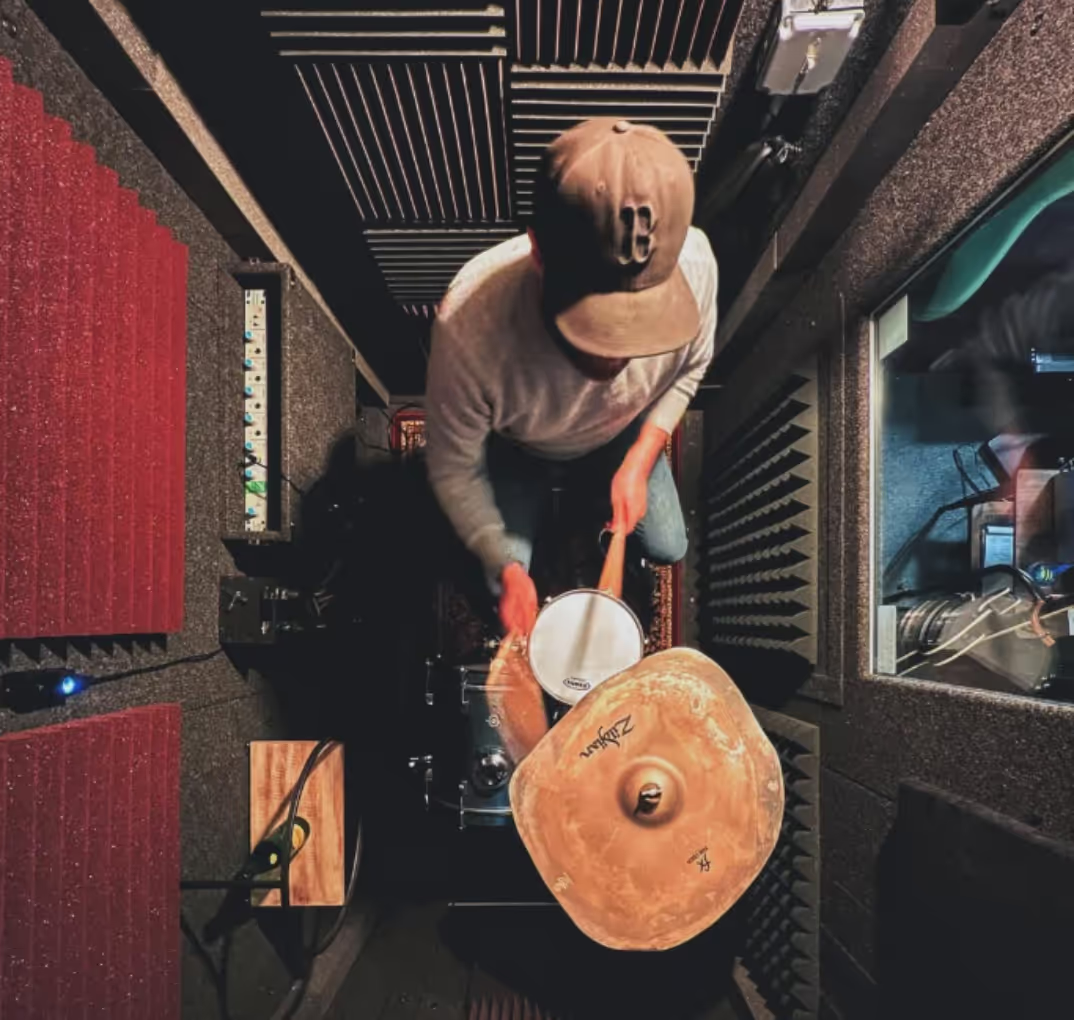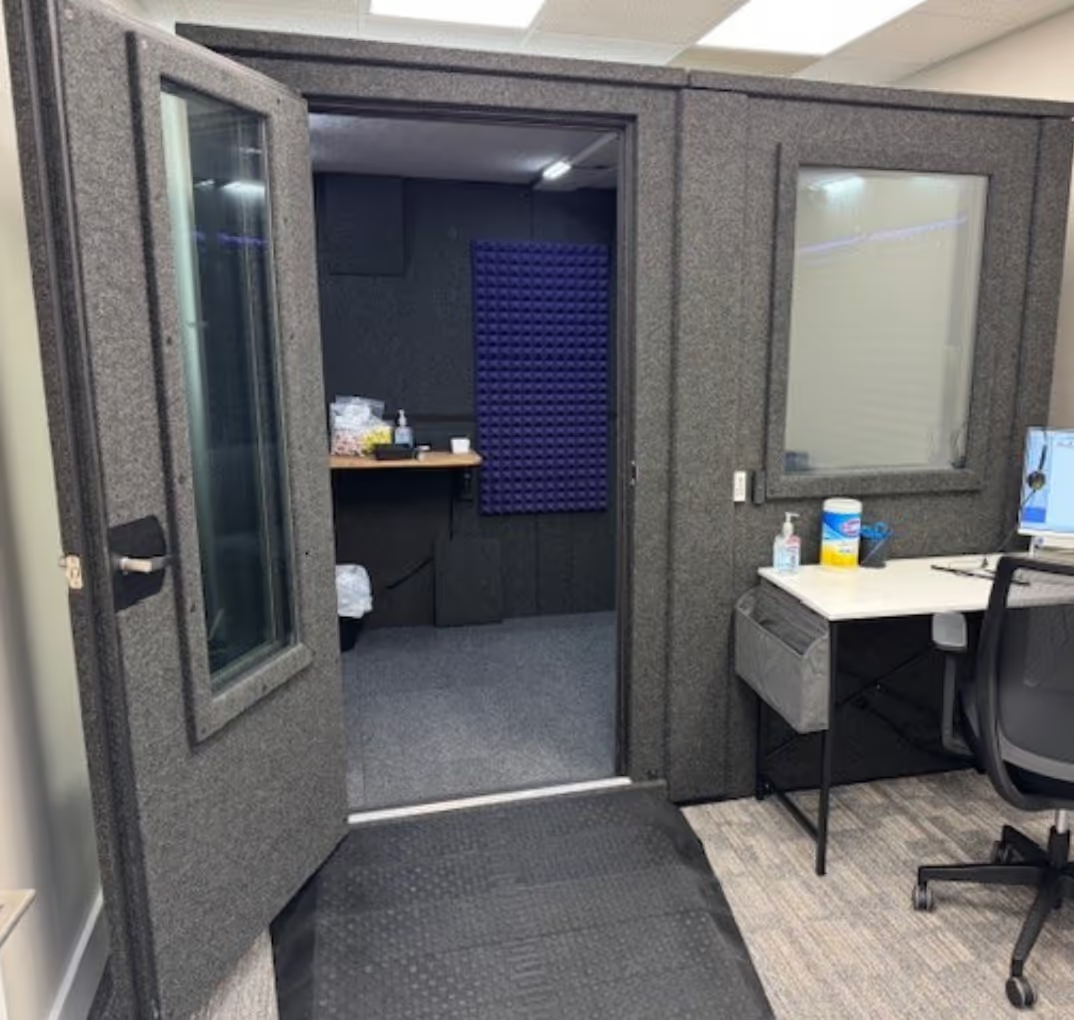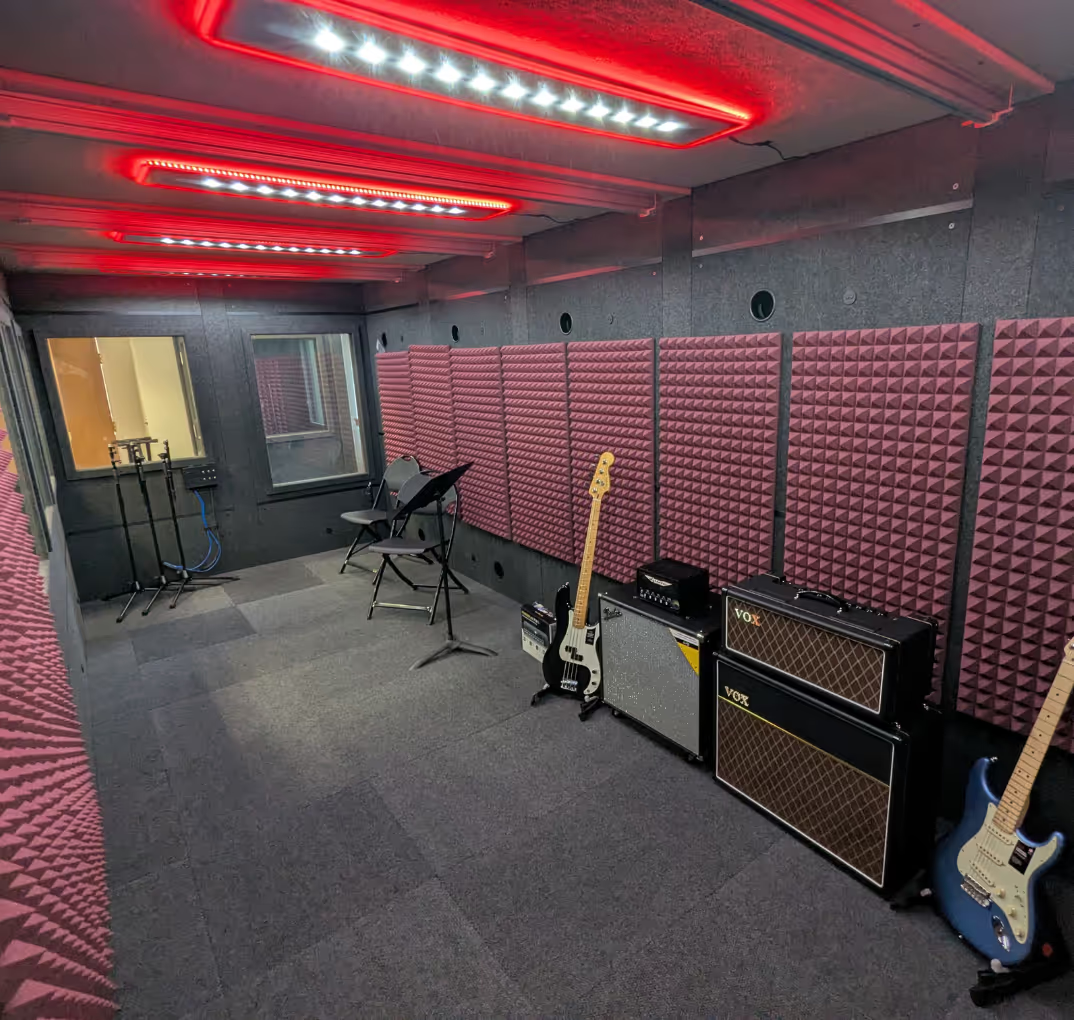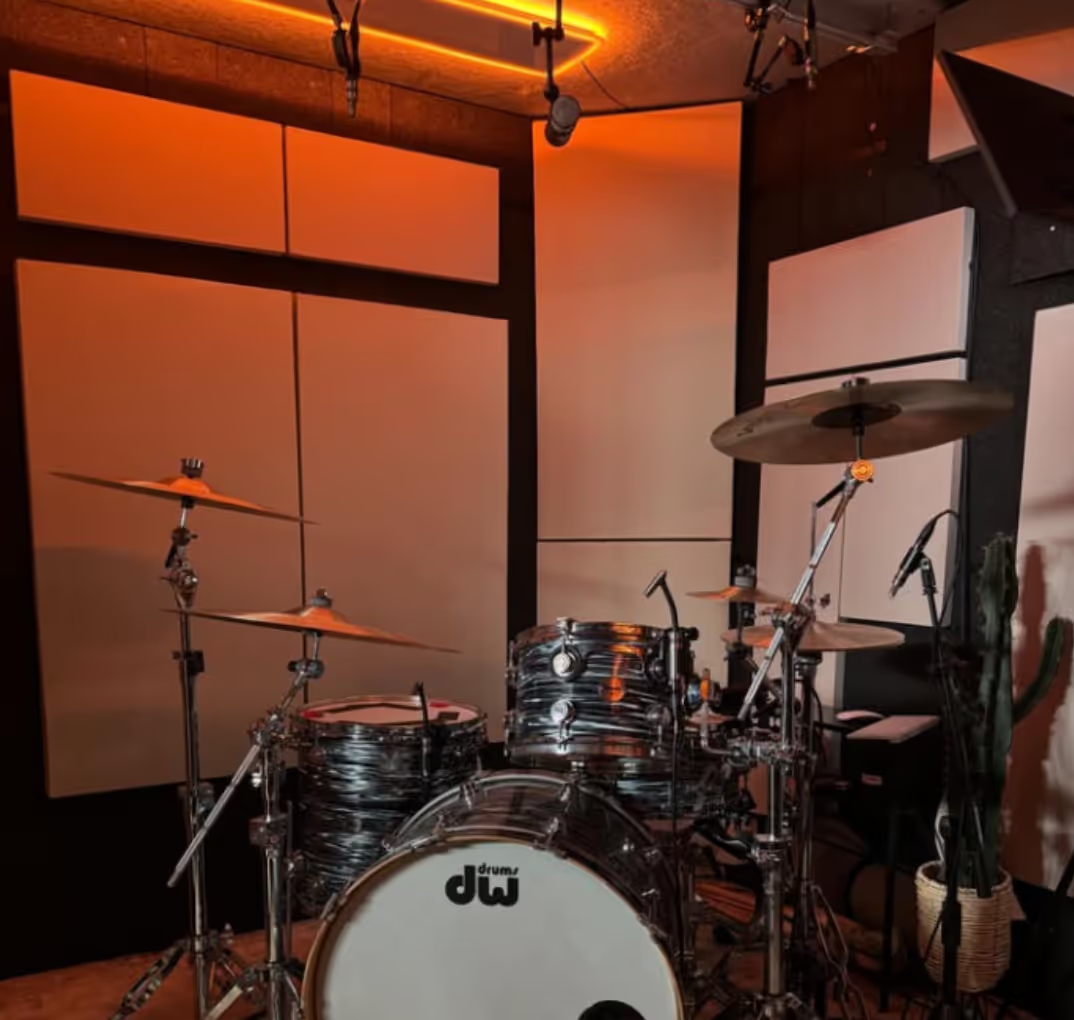Quick Take: Music is more than entertainment—it’s one of the most powerful tools for human conection. From early childhood to adulthood, music helps us express feelings, develop speech, and build relationships. This article highlights eight impactful ways music enhances communication, with real-world examples, expert insights, and practical applications.
Music: Humanity’s Oldest Language
According to statistics, 90% of the world's population (approximately 7.11 billion people) listens to music. That’s more than any social platform, streaming service, or messaging app on Earth.
But this isn’t a trend. Long before humans could write, we were using drums, chants, and melodies to share emotion and meaning. Music predates formal language, yet continues to shape how we speak, learn, and relate to others.
So how exactly does music help us communicate?
Let’s explore the science and stories behind it.
🎶 8 Ways Music Enhances Human Communication
1. It Activates Brain Systems Tied to Speech
Music and speech share deep neurological roots. When combined, they stimulate multiple parts of the brain involved in verbal and nonverbal communication.
Key functions music supports:
- Emotional expression and tone control
- Word recall and sentence construction
- Timing, pacing, and rhythm
- Eye contact and physical gestures
- Focus and attention during conversation
This brain stimulation is why music is widely used in early childhood learning, stroke recovery, and speech-language therapy.
2. Music Bridges Cultural and Social Divides
Music connects people who might not otherwise understand each other. It creates shared experience, even when words fall short.
Ways music brings people together:
- Crosses language barriers through melody and emotion
- Reinforces community in ceremonies, festivals, and spiritual gatherings
- Connects generations through shared songs and playlists
- Builds inclusion in classrooms, therapy sessions, and public performances
A single song can unite a room—and sometimes an entire culture.
3. It Aids Language Learning at Every Stage
Whether you're learning to talk or mastering a new language, music makes words easier to absorb and remember.
Benefits for language development:
- Breaks complex sentences into memorable patterns
- Enhances vocabulary retention through rhythm and melody
- Helps learners grasp pronunciation and intonation
- Offers a non-threatening way to repeat and practice new sounds
That’s why songs are a favorite tool of speech therapists, ESL teachers, and parents worldwide.
Sound Expression shows how Music Therapists develop communication skills in children.
4. It Helps People Who Stutter Speak More Fluidly
Singing can significantly reduce stuttering because it activates different neural pathways than regular speech.
How music therapy supports fluency:
- Introduces rhythmic structure that reduces hesitation
- Encourages longer vocalization with fewer interruptions
- Builds confidence through repetition and progress
- Helps retrain the brain's speech-motor coordination
Many therapy programs now incorporate music-based interventions for stuttering and speech anxiety.
5. It Builds Vocal Confidence and Volume Control
Not everyone feels comfortable being heard. Music provides a safe space to explore how the voice works—and how to use it with intention.
Practical outcomes:
- Teaches dynamic control: soft, strong, clear, and calm speaking styles
- Encourages self-expression without judgment
- Builds awareness of how the voice impacts emotion and meaning
- Improves projection and clarity for public speaking or everday conversations
This is especially beneficial for individuals with social anxiety or speech challenges.
6. It Improves Clarity and Pacing in Speech
Practicing lyrics trains the brain to deliver words with purpose. This improves how we speak under pressure—whether in presentations or daily conversations.
Communication skills that benefit:
- Organized phrasing and sentence flow
- Reduced filler words and awkward pauses
- Improved enunciation and articulation
- Better control of tempo in interviews, meetings, or live performances
If you've ever practiced a song and found it easier to speak afterward, you're not imagining it.
7. It Strengthens Memory and Recall
Melody makes information stick. From the ABCs to motivational mantras, setting words to music improves memory retention across all age groups.
Memory-boosting benefits:
- Repetition becomes more engaging and effective
- Helps with script memorization for actors or speakers
- Reinforces learning of complex concepts in a playful way
- Creates emotional anchors tied to specific information
8. It Expresses Emotion Beyond Words
Sometimes we don’t know how to say what we feel—or we’re afraid to say it at all. Music steps in where words stop.
Emotional communication through music:
- Conveys joy, grief, love, and vulnerability
- Helps people process experiences they can't yet verbalize
- Strengthens emotional bonds through shared songs and memories
- Builds identity and self-understanding across cultures and life stages
Whether through a breakup ballad, worship song, or nostalgic playlist, music often says what we can’t.
💬 FAQs: Music and Communication
Q: Why is music such a powerful form of communication?
A: Because it engages emotional, social, and cognitive areas of the brain. Music helps people connect, express themselves, and understand each other—even without using words.
Q: How does music help children develop language?
A: Songs teach rhythm, sound patterns, and vocabulary in a fun and memorable way. Even infants respond to the musical tones of speech.
Q: Can music improve my public speaking?
A: Yes. Practicing music improves timing, vocal variety, and confidence—skills that directly translate to clear, impactful speaking.
Q: What kinds of therapy use music?
A: Music therapy supports treatment for autism, stroke, anxiety, depression, speech disorders, and memory loss by enhancing engagement and communication.
Q: How can I practice music-based communication at home?
A: Try singing along to songs, writing your own lyrics, or reading aloud with rhythm. Record yourself in a quiet space—like a WhisperRoom booth—for helpful playback and self-review.
Final Thoughts
Communication is at the heart of every relationship, and music remains one of its most powerful forms. Whether you're teaching, learning, healing, or simply trying to be heard, music offers tools that go far beyond melody.
It helps us speak more clearly, feel more deeply, and connect more fully.
Need a quiet space to record, rehearse, or reflect? WhisperRoom modular sound booths offer distraction-free environments for clear, confident communication.








.avif)
.avif)
.avif)

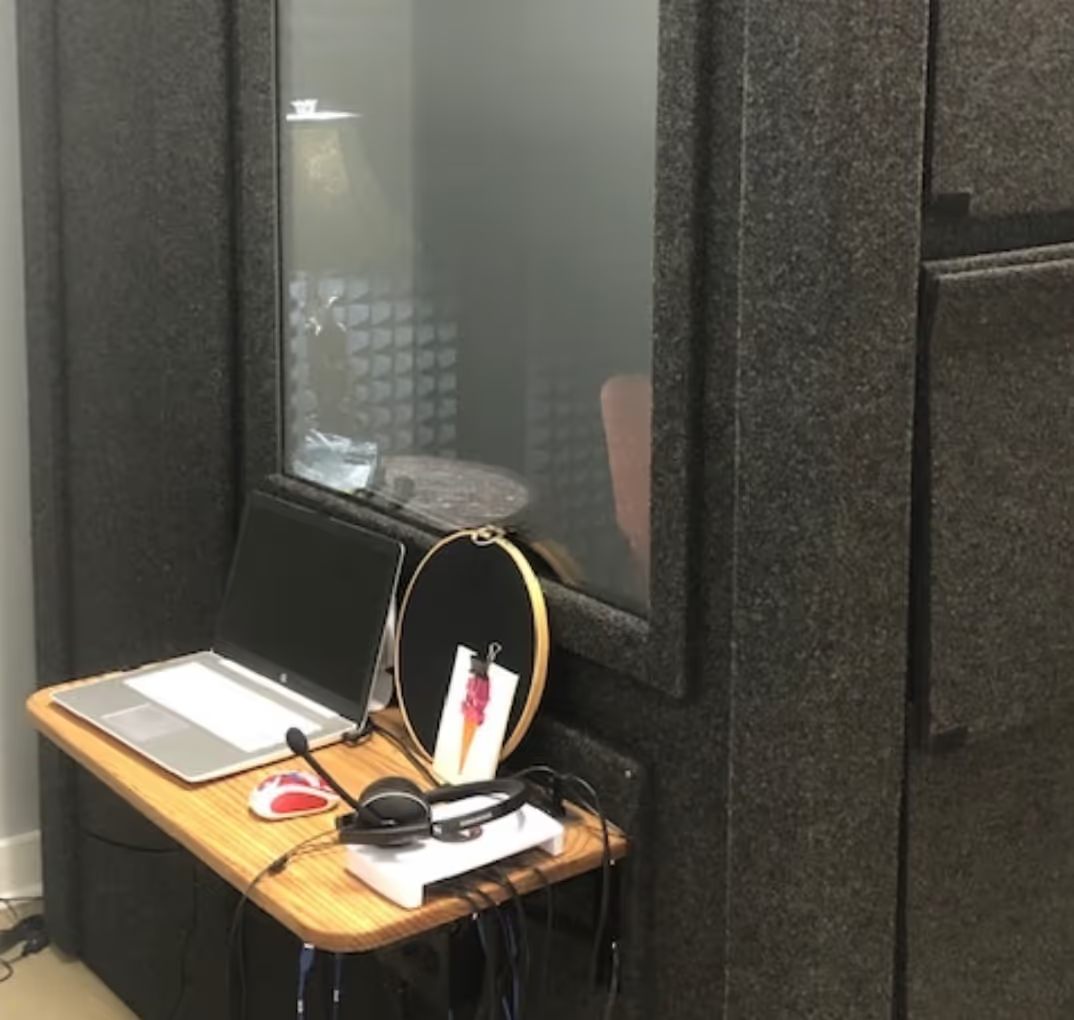
.avif)
.avif)

.avif)
.avif)
.avif)
.avif)
.avif)
.avif)
.avif)
.avif)
.avif)
.avif)
.avif)
.avif)
.avif)
.avif)

.avif)
.avif)

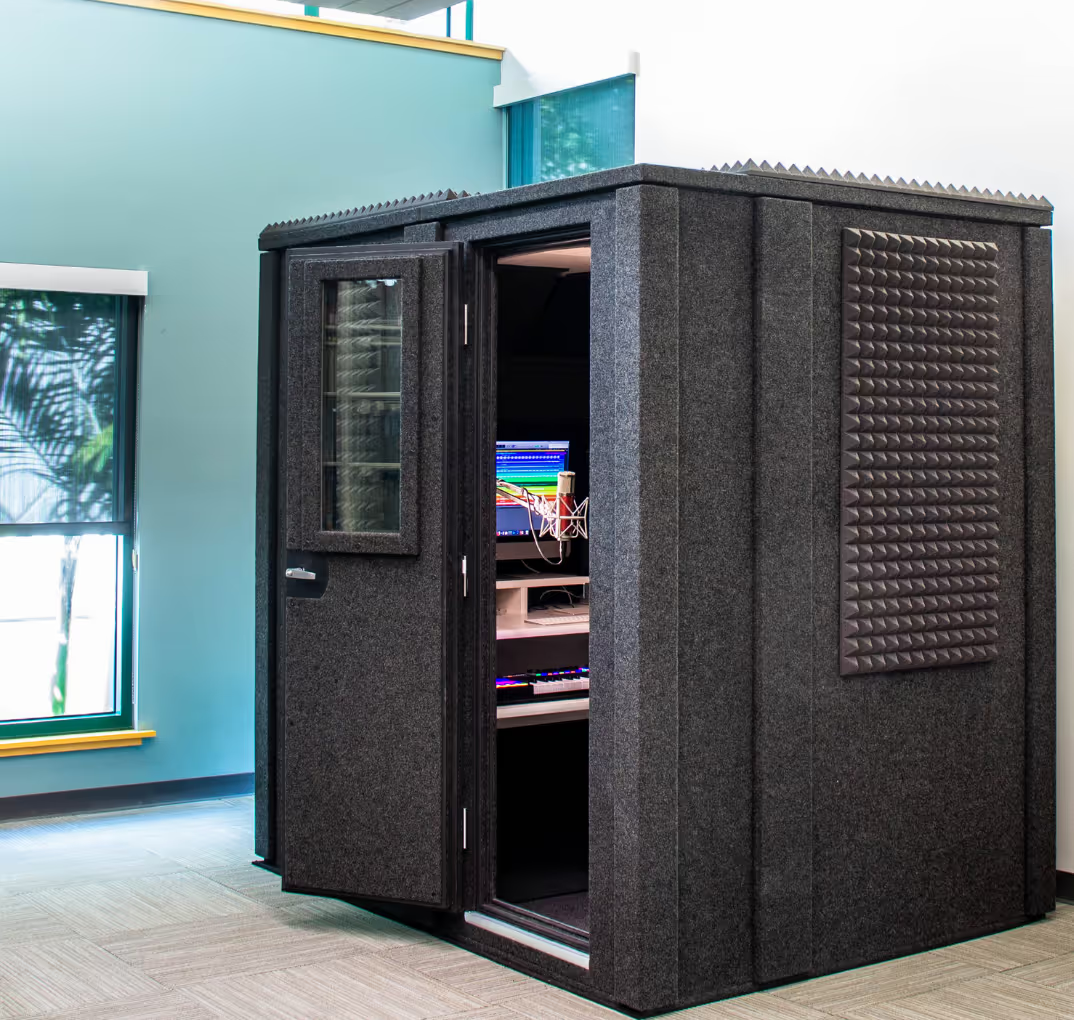
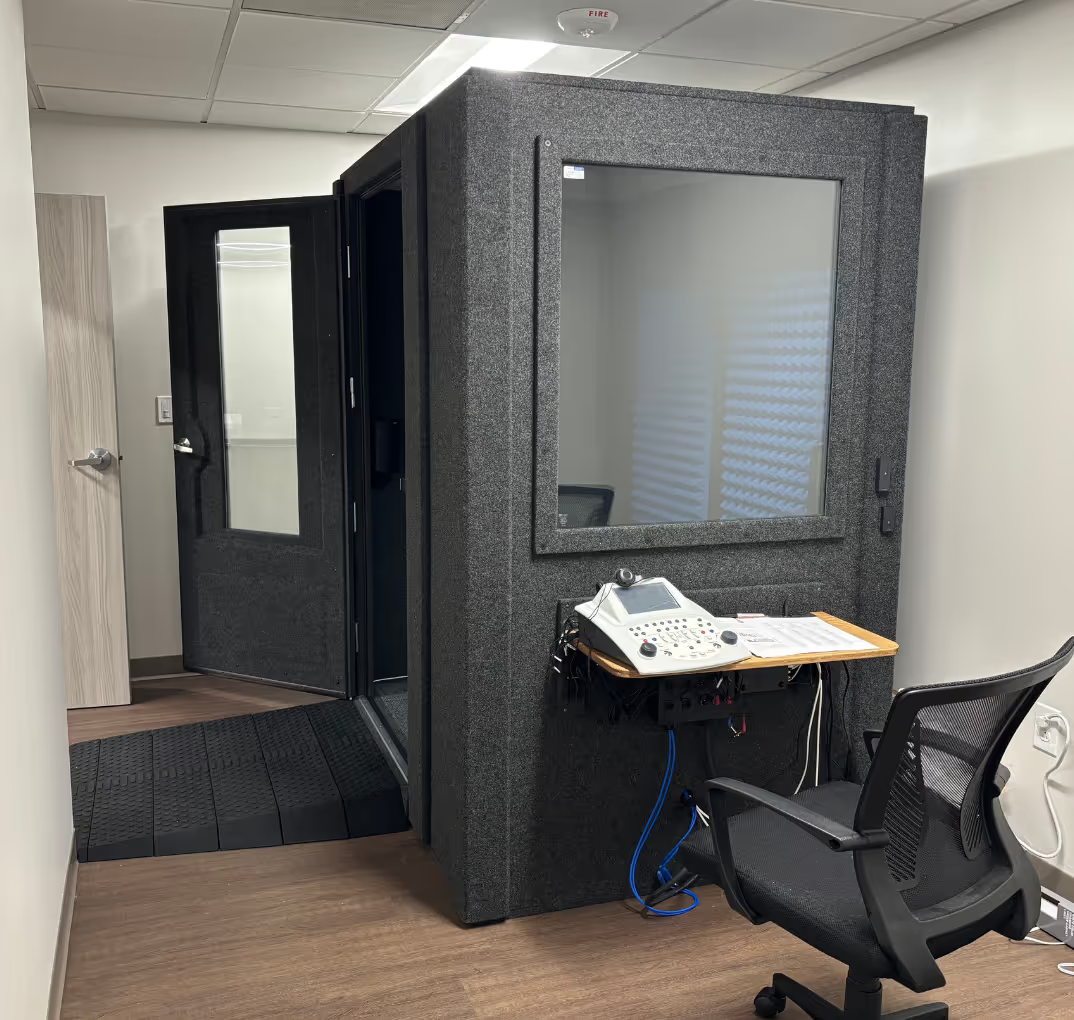
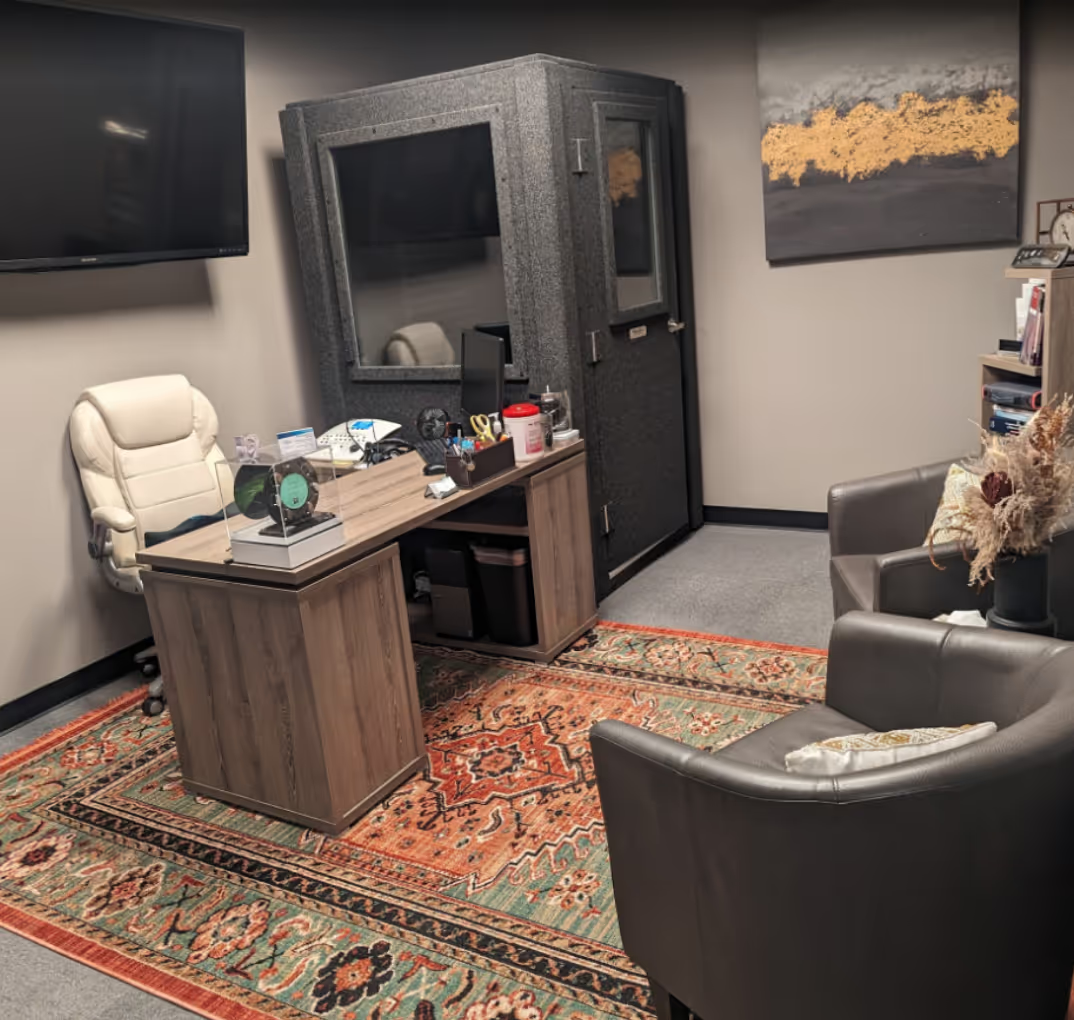

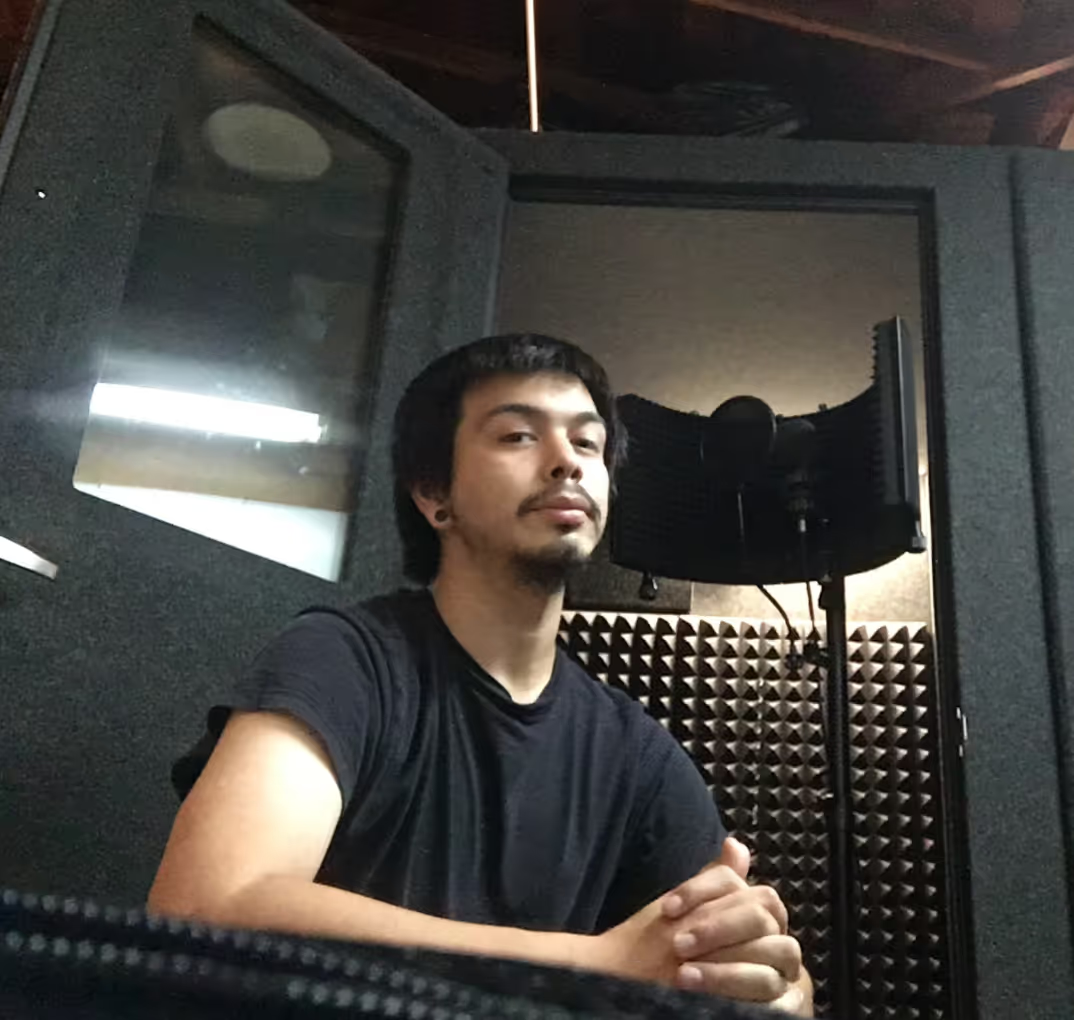
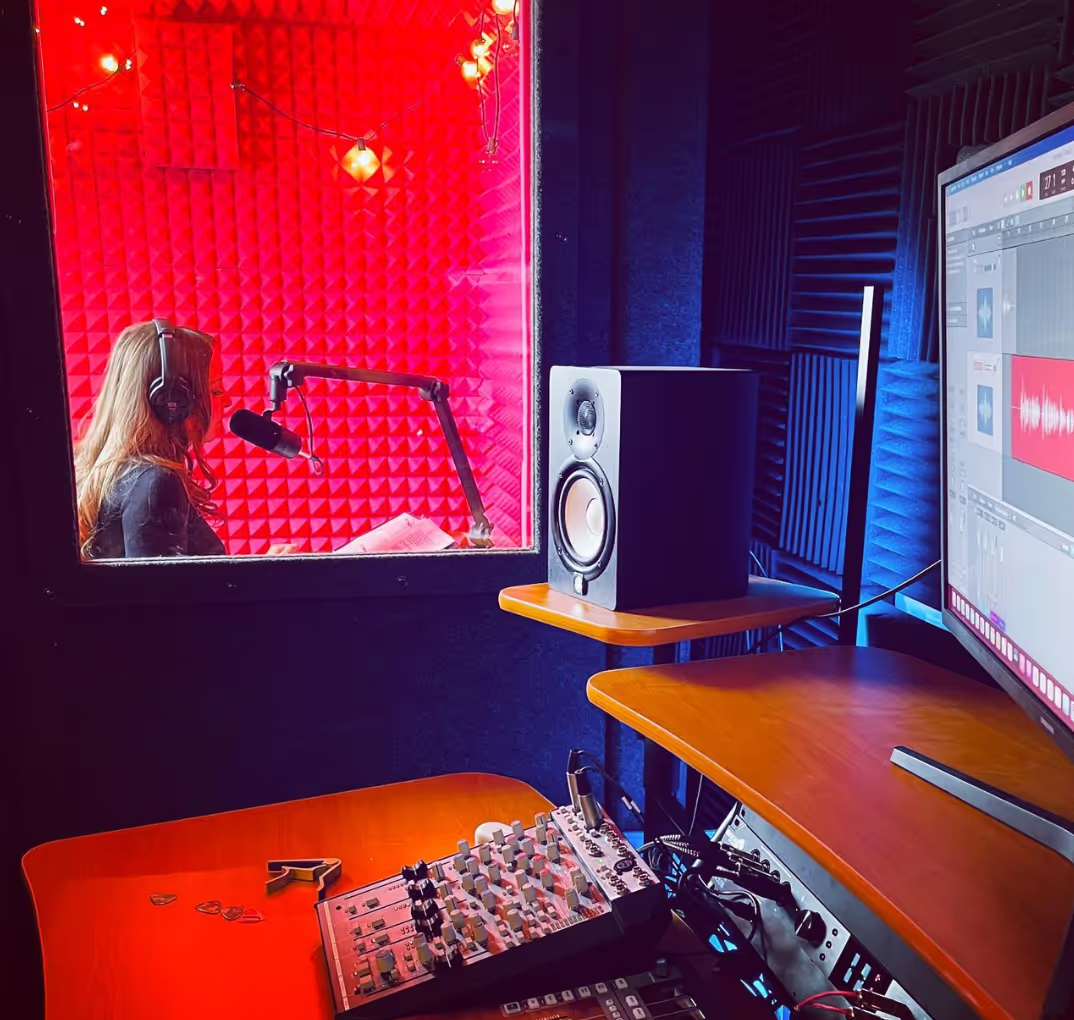
.avif)

